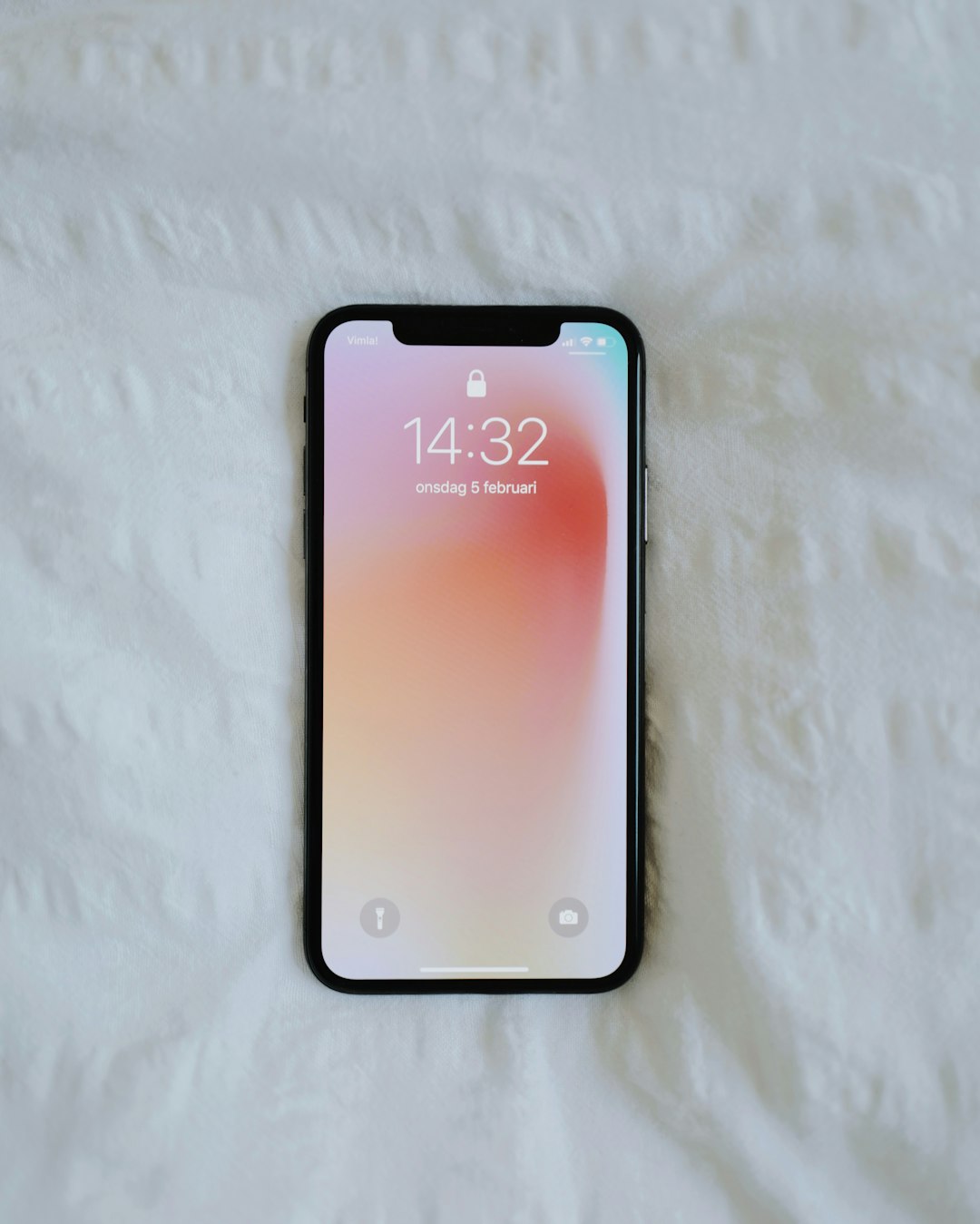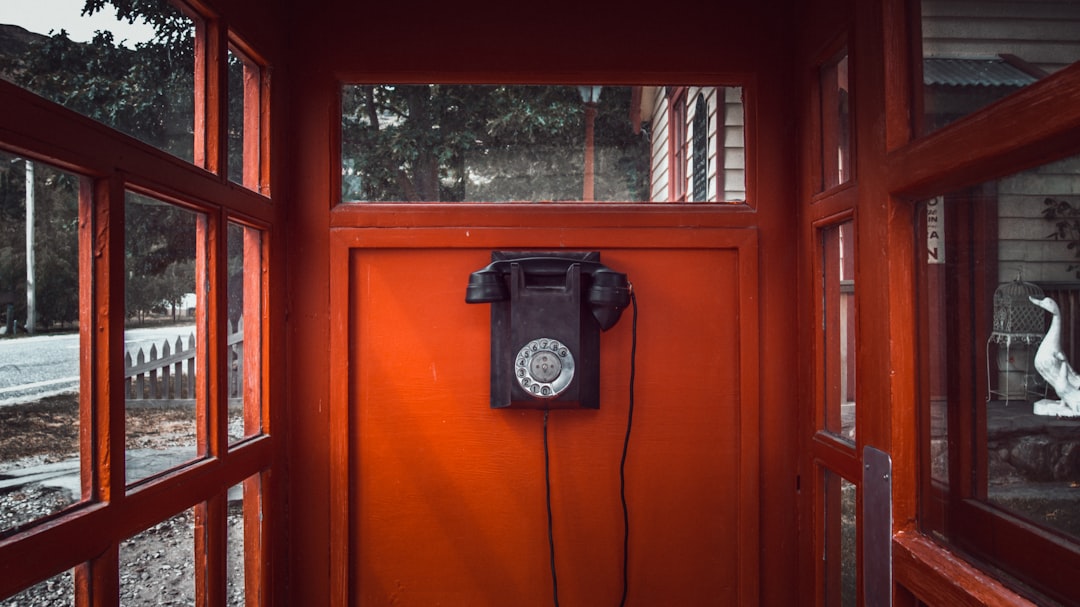The South Carolina Telephone Privacy Protection Act safeguards residents from unwanted telemarketing, especially from no call law firms, by banning unsolicited phone calls and implementing opt-in requirements for marketing. This act empowers citizens to control their communication preferences through "no call" lists, blocking robocalls, and limiting data sharing without explicit consent, ensuring peace and privacy in South Carolina homes.
In South Carolina, the Telephone Privacy Protection Act (TPPA) has significantly enhanced consumer rights regarding telemarketing practices. This act, often referred to as the ‘No Call’ law, imposes stringent restrictions on unsolicited marketing calls and automates calling systems. With a focus on user consent, it empowers residents to control their privacy by implementing an opt-in requirement for promotional calls. The TPPA also outlines extensive consumer rights and safeguards, protecting South Carolinians from intrusive telemarketing activities. This article delves into the 10 key provisions of this landmark legislation.
Understanding the South Carolina Telephone Privacy Protection Act

The South Carolina Telephone Privacy Protection Act is a state-level piece of legislation designed to safeguard residents’ privacy regarding their telephone communications. This act imposes restrictions on how phone data can be used and shared, particularly by no call law firms in South Carolina. By understanding these provisions, residents can better protect themselves against unwanted calls and ensure their personal information remains secure.
One key aspect is the explicit prohibition on unsolicited telemarketing calls, commonly known as “no call” lists. The act allows individuals to register their phone numbers on a state-maintained do-not-call list, limiting marketing calls from various sources, including law firms promoting their services. This provision empowers residents to have more control over their communication preferences, reducing the number of unwanted and often intrusive phone solicitations.
Key Provision 1: Prohibiting Unsolicited Telemarketing Calls

In South Carolina, the Telephone Privacy Protection Act has been put in place to safeguard residents from intrusive telemarketing practices. One of the most significant provisions is the prohibition on unsolicited telephone calls, also known as the “No Call” law. This law targets telemarketers and call centers, limiting their ability to make automated or prerecorded calls to South Carolina residents without prior express consent.
By implementing this restriction, South Carolina aims to reduce unwanted and harassing phone calls, providing citizens with more control over their personal communication. The “No Call” law is a powerful tool in ensuring that residents can enjoy peace and quiet in their homes, free from relentless telemarketing campaigns, especially from law firms seeking new clients.
Key Provision 2: Opt-In Requirement for Marketing Calls

The South Carolina Telephone Privacy Protection Act (SCTPP Act) includes a crucial opt-in requirement for marketing calls, designed to protect residents from unwanted and intrusive telemarketing practices. This provision states that telephone marketers must obtain explicit consent from consumers before placing any sales or promotional calls. In simple terms, if you don’t give your clear permission for these types of calls, businesses cannot contact you.
This opt-in rule is a game-changer for residents looking to avoid persistent call law firms or other unwanted telemarketing activities. It empowers individuals to have more control over their personal information and communication preferences. By implementing this key provision, South Carolina joins a growing list of states that prioritize consumer privacy, ensuring that marketing calls are only made with the consent of the recipient.
Key Provision 3: Restrictions on Automated Calling Systems

The South Carolina Telephone Privacy Protection Act places strict restrictions on automated calling systems, often used by law firms to make mass calls, under Key Provision 3. These systems, which include robocalls and automatic dialers, must adhere to specific guidelines to ensure consumer privacy. The act bans these automated systems from making phone calls without prior express consent, effectively curbing unsolicited calls from law firms that often fall under the ‘no call’ category in South Carolina.
Additionally, this provision mandates that any recorded messages left by automated systems must include a clear and conspicuous disclaimer stating the purpose of the call and providing a method for the recipient to opt-out of future calls. This ensures that residents have control over their communication preferences and helps reduce the frustration often associated with unwanted calls from law firms attempting to reach potential clients.
Key Provisions 4-10: Consumer Rights and Safeguards

Under the South Carolina Telephone Privacy Protection Act, consumers have several rights and safeguards in place to protect them from unwanted phone calls. Key Provisions 4 through 10 outline these protections, ensuring that residents can enjoy peace of mind when it comes to their telephone communications. For instance, consumers have the right to refuse marketing calls and texts, with clear opt-out mechanisms provided by law. This includes no call lists and do not contact registries, making it easier for folks in South Carolina to avoid unwanted solicitations from law firms or other commercial entities.
Additionally, the Act restricts the use of automated dialing equipment and prerecorded messages without prior express consent, except for specific emergency purposes. It also mandates that companies obtain explicit permission before selling or sharing consumer telephone data with third parties, significantly enhancing privacy. These provisions are designed to empower consumers, providing them with tools to manage their communications and safeguard their personal information from misuse.






